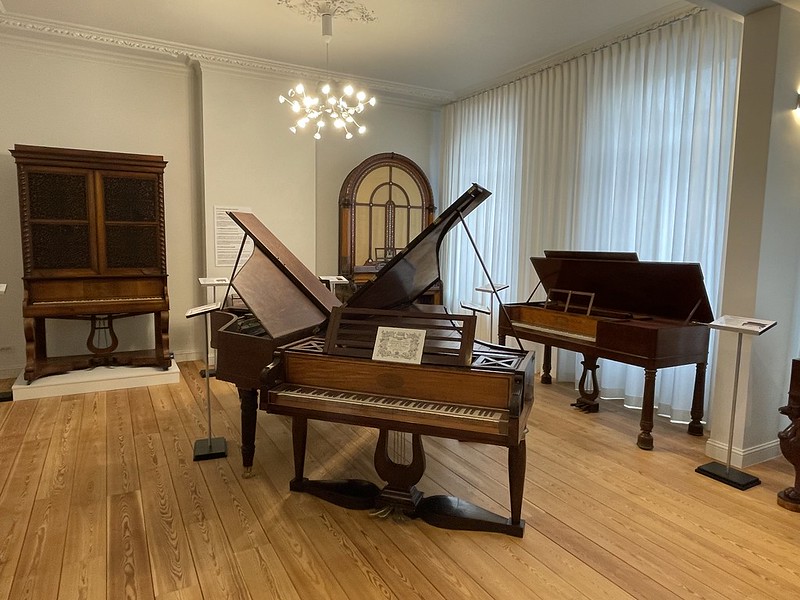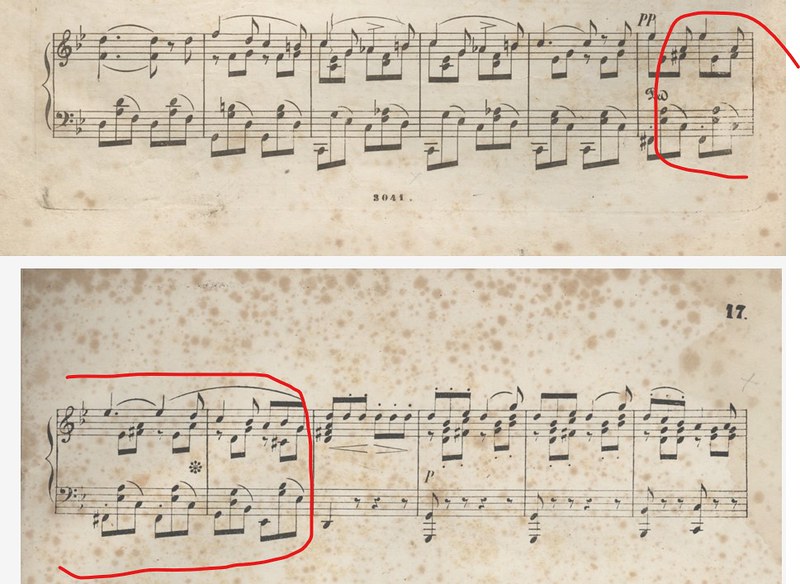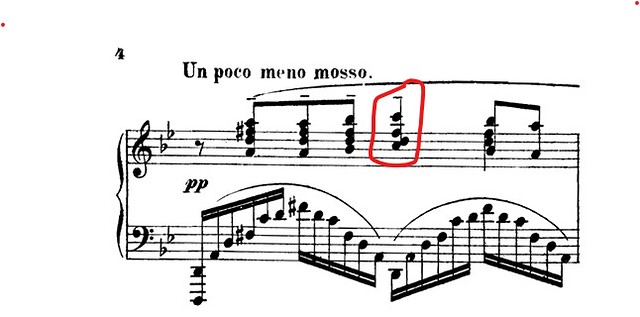I spent some time lately searching for books about pianos; I’ll be honest and say I was hunting for the piano equivalent of a coffee table book but the problem with looking for piano books is that you have to sort through a lot of piano sheet music. In itself, this is not totally bad – it means the sheet music exists – on the other hand, you need to be lucky. I found Grand Obsession on several lists of “Top N Books about pianos”. I’d read the other common candidates, namely The Piano Shop on the Left Bank (one of the best books ever), Play It Again, etc. I have Forgotten Siberian Pianos somewhere which I need to dig out. But I had not heard of this Grand Obsession and the premise sounded right up my street, as in I have found a German piano that intrigues me, that I am considering buying.
So I ordered it from Amazon, as you do when you know full well none of the bookshops around you will have it. Trust me; they don’t. And I was impatient.
The premise is enticing: middle aged woman falls for a “rare” German piano, buys it, ships it from New York to somewhere else, I think it was Minnesota and from then on, the piano displays its true temperament. On paper, this could be me, without the American stuff. I have found a rare German piano (No inverted commas here to some extent), and I am middle aged with wild cravings for salt and sugar and mad needs for naps on a Friday afternoon. My relationship to the piano is not that similar though. I did play on and off most of the time from when I was 20, there was no loaded conversation about what instrument I would learn as my parents were open to most things within reason. We had a piano at home. I played in one shape or another from the age of 8. I decorated the piano when I was 5. I had lessons. So, hmmm. Maybe this idea that I might identify with this was a bit naive.
I’m going to say that the book is clearly written by someone who can write, but after that, there isn’t a lot that I liked about it. It left me utterly cold about the piano world in the US. A good chunk of the start f the book was around the hunt for a piano, and how amazing the Piano World forums were. I understand it but I also found it a touch tedious. The advice was to pretty much play every piano she could find and “she would know”. Eventually, the piano showed up in New York. She did not live in New York. The piano was a Grotrian Steinweg and from what I can gather, it was a new one. It seemed to be the source of a monumental amount of drama: played beautifully the first time it was played; was the subject of arguments because it was more than Knize had budgeted. 9-11 changed things apparently, both in Knize (we live for the moment) and the piano shop (we need the money). I’ve whole mixed feelings about this.
I understand the falling in love with a piano. I’ve never met a piano sales engineer who tried to sell me a piano I genuinely have not budgeted for. So the whole conversation about eventually buying/financing the piano left me totally meh. After that, we get into the army of technicians. Problem: “piano does not play the way it did the first time I played it months before 9-11”. Solution: several hundred pages away.
It proceeded not to play the way it did the first time she played it for most of the rest of the book. The sole interesting part of the book for me was the visit to the Grotrian factory (something I would not mind doing in general). The long discussions with the technicians she got to look at the piano, the piano dealer, they wore me out. Early in the book, one technician said it was a question of tuning. The piano was fixed by it being tuned by him a particular way near the end of the book. I struggle to understand why I had to read through 370 pages include a discussion of Rudolf Steiner in the section around trying to understand the science about why some people are affected by some pianos. That was depressing.
I can’t understand the reviews I have seen about this book. Some wisely suggest it is for lovers of pianos. Not this one anyway but then since I don’t like Bartók my credentials are in doubt.
Lucid yet lyrical, analytical yet deeply affecting
Quite. I don’t quite agree with the Washington Post
I don’t especially recommend reading this. I was deeply frustrated by the descriptions of what technicians were doing to the piano. Maybe it’s because I grew up in Europe and of course it is different here, but I would not be happy to see technicians doing what they were doing to the hammers on that piano. I didn’t feel on the same journey in terms of a dream piano. It’s well written. It is somewhat of a fairy story. It is too close and too wrong for me. Other people clearly enjoyed it. Not me.




